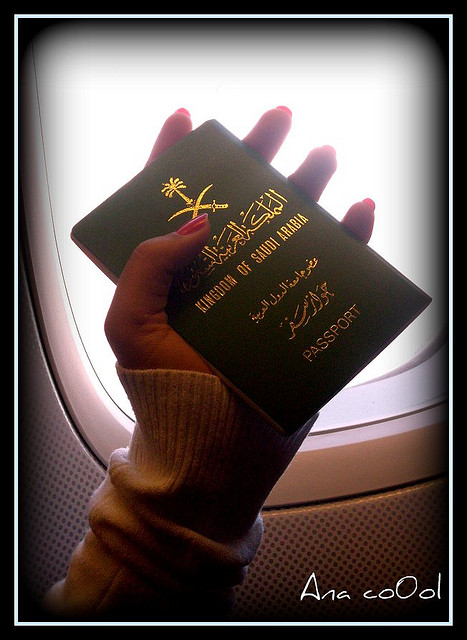Saudi Arabia’s attempts to secure employment for locals is likely to affect Indian workers – the largest group of foreign nationals working in the United Arab Emirates (UAE).
The Kingdom’s attempt to protect jobs for its nationals is driven by this high unemployment rate. The Kingdom has a very high unemployment rate – about 12% overall and 39% for those between the age of 15 and 25 years, according to an estimate.
However, as many as 5 million South Asians, majority of them Indians, work in and drive the Arab economies. At two million workers, the Indians represent the largest foreign workforce in the region. About six million Indians work in the six Gulf states and represent about a quarter of Indians living outside India.

Those most affected by the law changes will be the low skilled workers in small and medium enterprises in Saudi Arabia.
“In the wake of Arab Spring uprisings, the government views unemployment among nationals as a long-term strategic challenge that needs to be handled effectively,†says the Arabian Gazette website.
The UAE’s answer is the Nitaqat  (naturalization) programme which aims to increase the employment opportunities for the local workers.
Almost half of companies in the kingdom are in the Red zone of the Nitaqat system, despite the labour ministry’s intensive campaign to Saudize jobs in the private sector, says Arab News. The Red category contains 19 major companies, according to the ministry.
The firms in the red zone have failed to employ the minimum number of Saudi nationals in the organisation.
The Nitaqat programme is expected to affect two million foreigners working in the kingdom – a majority are Indians.
The labour ministry seems to be very firm in implementing Nitaqat system. “The Kingdom will not allow anybody to continue violating its regulations because it harms public interests,” Labour Minister Adel Farkeih was quoted in the local media.
“If the laws are not followed, the interior and labour ministries will take maximum measures by law against the violators.â€
If the affected employees’ work permits are not renewed, they may lose their residence permit too. Those without residence permit could be deported. If such expatriate workers are deported in large number, then the kingdom’s infrastructure, construction and property sector is likely to be affected.
However, the Indian government officials are not perturbed. While the Ministry of Overseas Indian Affairs  has expressed concerns and has said it is in talks with their counterparts in the UAE, no solution has surfaced.
The Minister for Overseas Indian Affairs Vayalar Ravi has reportedly spoken with Ambassador Hamid Ali Rao and asked for information from the Indian envoy about the impact of the new labor policy on the huge Indian diaspora living in Saudi Arabia.
The Indian embassy in the UAE has prepared itself to offer support to affected Indians working in the UAE.
Some believe that companies may find a workaround the policy by hiring some local staff just to make up numbers, and continue to recruit expatriates to do the “real work”.

Leave a Reply